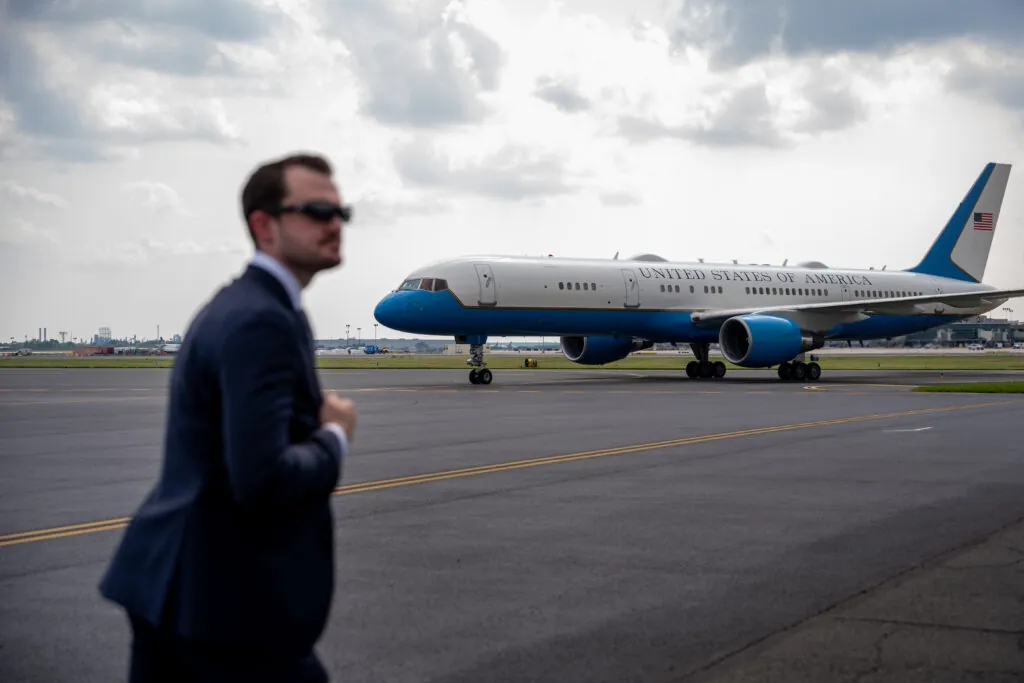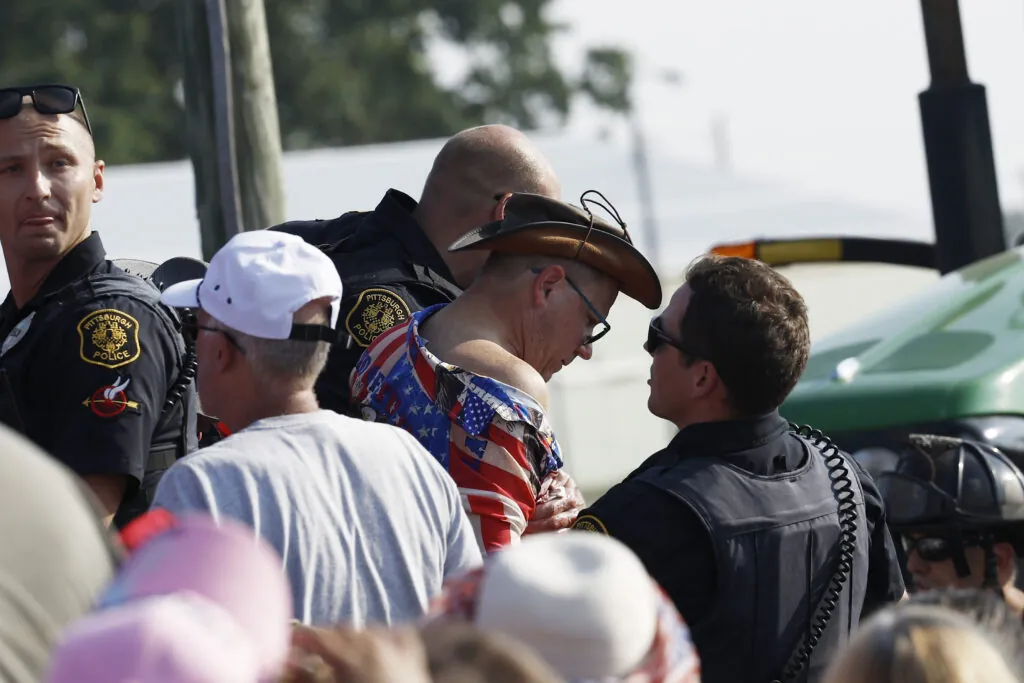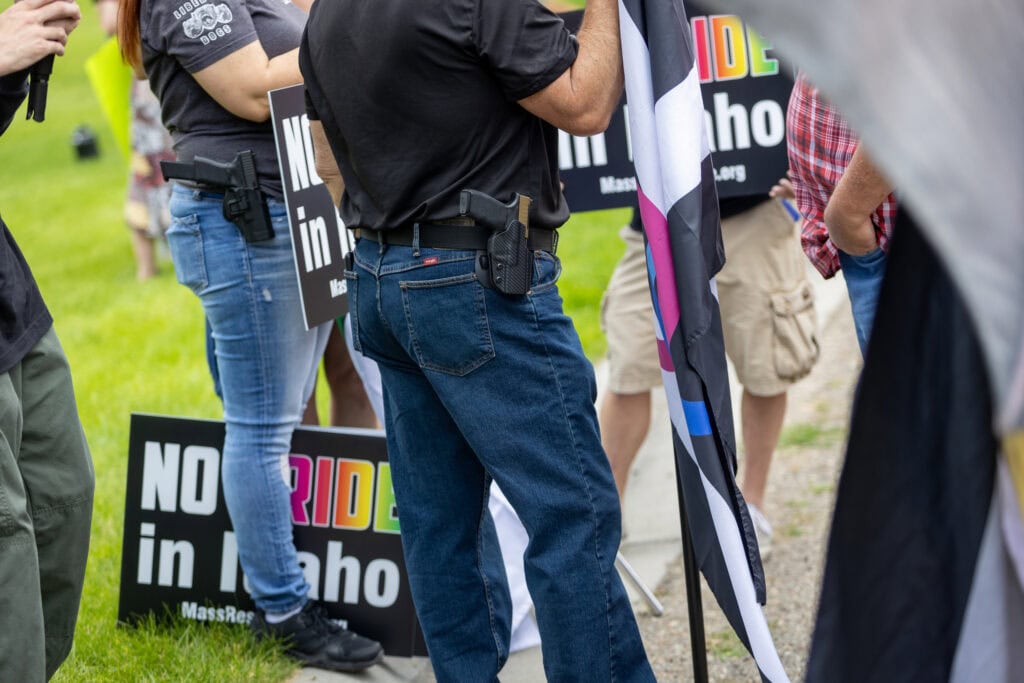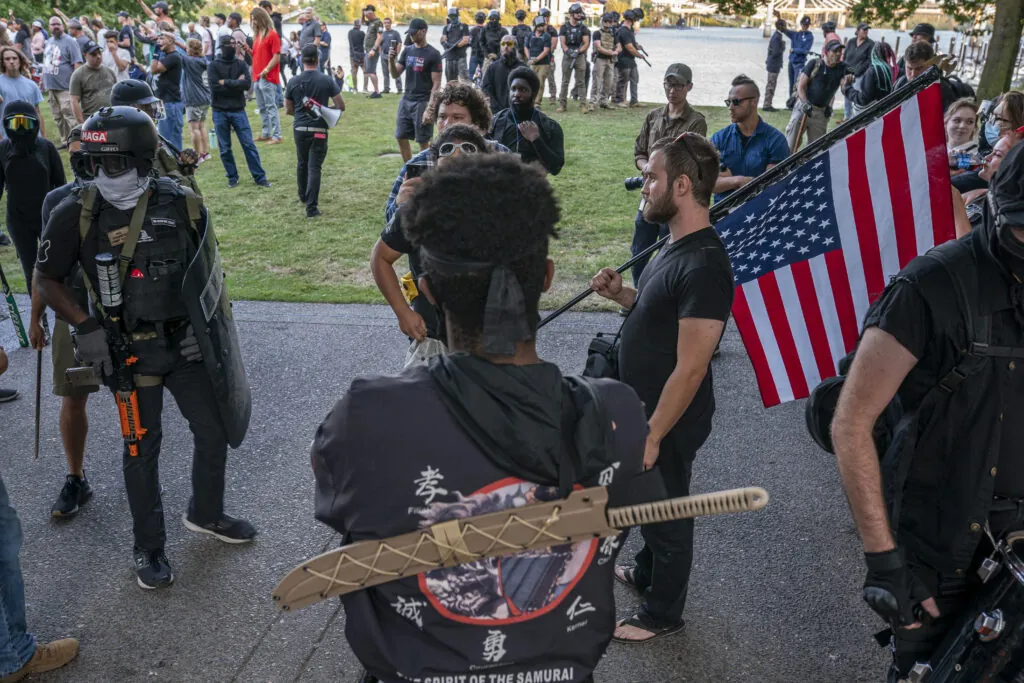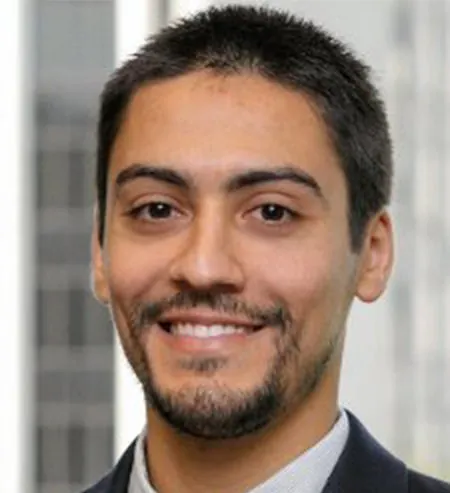
Alejandro Beutel
Alejandro J. Beutel is a Research Affiliate at the National Consortium for the Study of Terrorism and Responses to Terrorism (START).
From August 2017 to March 1, 2019 he was a Senior Research Analyst at Southern Poverty Law Center’s (SPLC) Intelligence Project where he monitored U.S. far-right extremism and hate, focusing primarily on the anti-Muslim and antigovernmental “Patriot” movements. Prior to SPLC, Beutel was a Researcher for Countering Violent Extremism at START, focused on the narratives of violent U.S. far-right and Al-Qaeda and ISIS-associated actors. In 2014, Beutel was the Policy and Research Engagement Fellow at the Institute for Social Policy and Understanding (ISPU), an applied research think-tank specializing in the study and promotion of evidence-based development strategies for positive civic, social, and political engagement outcomes for American Muslim communities.
Beutel graduated from the University of Maryland, College Park in 2013 with a Master of Public Policy. He also has a Bachelor of Science in International Relations and Diplomacy from Seton Hall University in South Orange, NJ.

